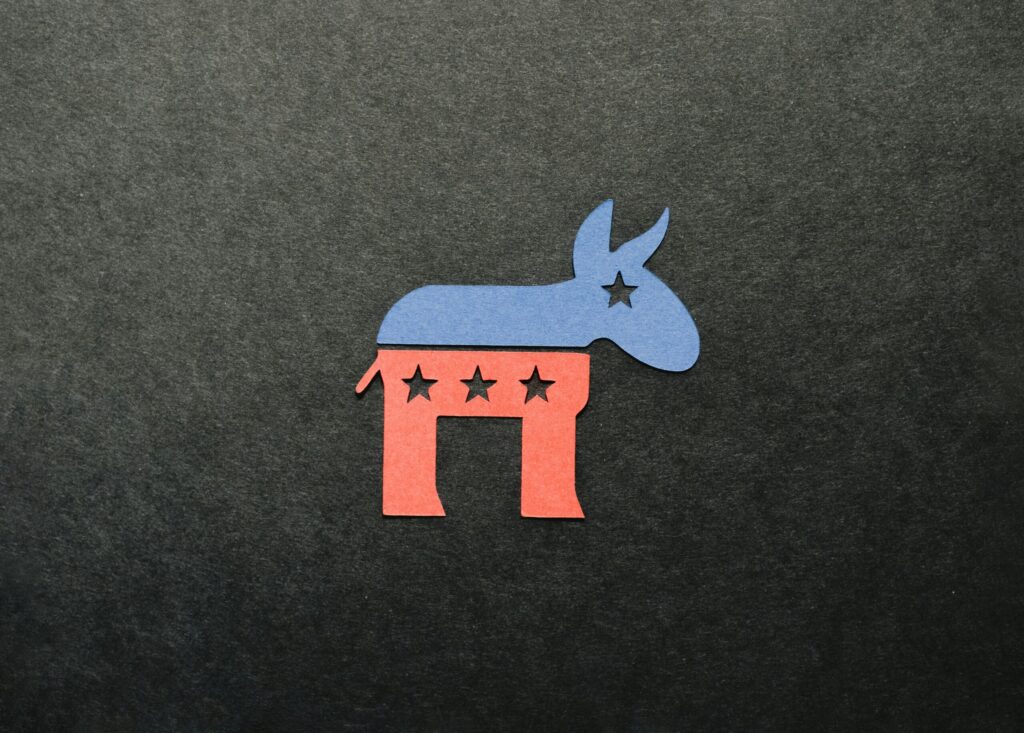The 2024 Democratic National Convention wrapped up in Chicago with Vice President Kamala Harris formally accepting the party’s nomination for president, alongside Minnesota Governor Tim Walz’s nomination for vice president. This pivotal moment marked the culmination of days of speeches, policy discussions, and high-stakes political maneuvering, as the Democratic Party set its sights on the upcoming November election.
Throughout the convention, the spotlight was on the future of the nation, with both Harris and Walz offering a vision of progress that aligned with the values of justice, equality, and opportunity. Harris, in particular, delivered a stirring acceptance speech, emphasizing the importance of unity and forward momentum. “Together, we will build a future that reflects the values of justice, equality, and opportunity,” Harris declared, rallying the crowd and reaffirming the Democratic Party’s commitment to social reform and systemic change.
The convention also featured speeches from President Joe Biden and former President Barack Obama, both of whom underscored the administration’s accomplishments and the need for continued leadership. Biden, reflecting on the party’s achievements over the last few years, highlighted key areas such as the reduction of unemployment, the strengthening of the economy, and advancements in healthcare. “We are on the right path,” Biden told the gathered delegates, urging them to continue pushing for progress.
Barack Obama’s address was a particularly emotional moment, as he reflected on the country’s journey since his presidency and the work that still lies ahead. Obama stressed that the stakes of the upcoming election were higher than ever before, emphasizing that the ideals of democracy and equality were under threat. His call to action inspired both delegates and viewers alike, with many praising his impassioned rhetoric.
Alongside the celebratory atmosphere, the convention was also marked by protests. Demonstrators gathered outside the convention hall to voice their opposition to various Democratic policies, particularly on issues related to climate change and healthcare reform. The protests underscored the growing divide within the party, with some progressive factions pushing for more aggressive reforms, while others voiced concerns over the establishment’s direction. Despite the tension, the convention remained largely peaceful, with security measures in place to manage the crowds.
Key issues were front and center throughout the event, with healthcare reform, climate change, and social justice at the heart of the policy discussions. The Democratic Party’s platform called for a more robust and inclusive healthcare system, one that would ensure affordable care for all Americans. Climate change was also a central theme, with Harris and Walz promising to take stronger action to address environmental crises and transition to renewable energy sources.
The nomination of Tim Walz as vice president was a significant moment in the convention, with many seeing him as a bridge between the progressive and moderate wings of the party. Walz, who has built a reputation as a pragmatic leader, used his speech to advocate for unity and bipartisanship, stressing that the country’s challenges could only be overcome through collaboration and compromise.
As the convention came to a close, the Democratic Party left Chicago energized and ready for the upcoming election season. With Harris and Walz at the helm, the party is preparing for a fierce battle against the Republican opposition, with both sides poised to present contrasting visions for America’s future. The coming months will undoubtedly see intense campaigning, but for now, the Democratic Party stands united in its commitment to building a more just and equitable nation.


